Wolverine: Loner, Orphan, Wandering Warrior (X-MEN: DAYS OF FUTURE PAST)
Wolverine a.k.a. “Logan” has been the most popular superhero in the X-Men universe for decades, which is why the first major feature film in Fox’s X-Men franchise, X-MEN (2000), chose to foreground him as the central protagonist of the narrative, and he’s been featured in several more films, including two solo adventures, X-MEN ORIGINS: WOLVERINE (2009) and THE WOLVERINE (2013) (with a third on the way) and this summer’s upcoming epic, X-MEN: DAYS OF FUTURE PAST. The films have mined the core elements of his original character construction from the comic books, which focus on three key aspects of his personality and history.
THE LONER
Wolverine doesn’t play well with others, thus his arc usually involves his struggle to function on a team. He is the perennial loner, a societal outcast with a short fuse who doesn’t suffer fools lightly. What makes him such an interesting part of the X-Men team dynamic is what also makes him so dangerous: he’s a wildcard. One of the first anti-heroes in comic books, Wolverine is unpredictable, violent, and distrustful of authority – these traits make him a great foil to more stable personalities like Professor Xavier and Scott Summers/Cyclops.
The X-Men story is at its best when used as an allegory for racism and xenophobia – in this dramatic world, mutants like Wolverine are outsiders, labelled “freaks” and used as scapegoats by scheming politicians to stoke fear in the citizenry. When you remove that element, you just have a “men on a mission” plot with a series of CGI battles, so it makes sense that the Sentinels (mutant hunter/killer robots) will be featured prominently in DAYS OF FUTURE PAST. Although Wolverine may count himself as a mutant in an oppressive world, he is no victim. He sets himself apart by his willingness to kick the asses of those who perpetrate anti-mutant discrimination! Let’s just say that forgiveness is not his strong suit. In this respect, he shares a lot with Magneto, which has made for some nice moments which play on the potential for them to join forces.
The theme of identity plays a huge part in the X-Men mythology, thus each film must find room to explore Wolverine’s character amidst a compelling cast of unique personalities, many of whom have been gathered by Charles Xavier to enroll at his School for Gifted Children in upstate New York. Wolverine has slowly assumed a leadership role amongst the younger set, which hasn’t been easy for him as it goes against his iconoclastic nature. But when he does embrace his affiliation with the ‘team’ in an X-Men film, it is always a satisfying moment in the narrative.
Wolverine’s age is another factor that differentiates him from the other X-Men. He wasn’t a teenager when he arrived, like so many of Xavier’s pupils (a young mutant’s struggle to harness their body’s newfound powers parallels the journey of adolescence), so he’s already learned how the world works, at least he thinks he has. He not only looks older than the rest of the X-Men, but, well, he is older, like, hundreds of years older, because his mutant healing powers have kept him from aging and dying. The two Wolverine solo films have shown scenes from his past in various time periods, and DAYS OF FUTURE PAST will no doubt expand on these origins. Personally, I’m not a big fan of the ‘immortal’ aspect of Logan’s character history, or the ‘bone claws,’ mainly because I’m an old school 80s comic book kid and these elements weren’t added in the comics until 2001. I will admit that his age adds an interesting dimension to the character, as he is haunted by the experience of watching his loved ones die, over time, while he must go on living, but it’s a bit too close to the over-used vampire archetype for me. However, it strengthens his role as…
THE ORPHAN
Logan’s overarching emotional need is for family. The films have offered him surrogate family members, only to take them away: fathers (Xavier, Stryker, Yashida), love interests (Jean Grey, Mariko), sisters (Rogue, Yukio) and brothers (Sabretooth, Cyclops). Logan has a connection to other mutants in that he is left to wonder why he is the way he is, and we’ve watched him struggle to piece together the truth about his past – but he stands alone from his peers in that he was brainwashed by General Stryker to become a black ops super-soldier. This gives Logan a sense of guilt that deepens the character. His adamantium-enhanced skeleton and claws make him, in essence, a “creation,” thus forever dooming him to not feel whole, to struggle forever to feel fully human, what a biased society would call normal.
He also can lose control, slipping into one of his ‘berserker’ rages, which can threaten those around him, including friends. This makes him even less willing to get close to others. But Wolverine will never stray too far from a fight for justice, because he lives by a moral code. He will always stand up for the little guy, the “freak” who suffers at the hands of a bully drunk with power.
THE WANDERING WARRIOR
THE WOLVERINE brought the movie version of the character back to Japan, which has been a touchstone for the character ever since Chris Claremont and Frank Miller’s original Wolverine limited comic book series in the early 1980s. The parallel between Logan and the “Ronin,” or masterless samurais from Japanese folklore, has been well-drawn ever since, and becomes a central thematic thread of THE WOLVERINE.
Questions of honor and obligation are a constant in Logan’s dramatic journeys, organically springing from an outcast with a haunted past, no family, strong guilt and a ferocity he must keep in check to protect him and others from harm. Whether it’s cleaning the floor with a bunch of rednecks in a barroom brawl or making the horrible decision to kill Jean Grey to save humanity, Logan will always be able to use his superior fighting skills and mutant powers to dispense justice when it’s needed most.
THE FUTURE
Wolverine’s classic attributes and arcs have been mined sufficiently on film thus far, so I look for the writers of future movies to generate new arcs for the character in the present timeline. I’d like to be introduced to some new facets of Logan’s character that can co-exist alongside the ones we already know and love. Considering the large cast and the time travel plotline of the new film, X-MEN: DAYS OF FUTURE PAST, this may prove a difficult task. It is always a challenge for screenwriters to find a way to use scenes from the past in such a way that they actively advance the throughline in the present. Time travel is a unique device in that it generates ‘live’ scenes, not flashbacks, thus the plot is technically moving forward, but there is always an origin point which the characters must return to, and that location must show change in the end. If the script includes parallel lines of action in both the present and the past, it only gets more complicated from a structural perspective because one must show constant cause and effect as the story cuts back and forth from one line to another. I look forward to seeing how X-MEN: DAYS OF FUTURE PAST screenwriters Simon Kinberg, Jane Goldman and Matthew Vaughn lay out the narrative.
The key to offering a new arc for Wolverine in DAYS OF FUTURE PAST lies in utilizing a dynamic supporting character to really challenge him and to complicate his pursuit of a unique, compelling goal. This dynamic character can be friend or foe, but they must generate a moral conflict for Logan, forcing him to make a decision that puts him and others in danger. Great risk must be involved; common wisdom holds that each sequel in a franchise must raise the stakes – in this case, the future of mutantkind, and possibly the planet, is at risk, so the consequences really can’t get any bigger – but we must not lose the emotional center of characters we love as they struggle to achieve both their external and internal goals. We know we’re going to get huge action set pieces in an X-Men tentpole (Magneto is levitating a sports stadium, fer criminy’s sake), but what really matters is character, and Wolverine is the anchor of the fascinating rogue’s gallery that makes up the X-Men cinematic universe.
The immortal element of Logan’s character makes for an interesting opportunity in the new film – when they go back in time to warn their younger selves about the future, he’s the only one who will stand out in a crowd as he’ll be an exact doppelganger of his younger self. And you can forget about seeing a young Hugh Jackman with a groovy 60s look — If ever there were a guy who finds one haircut and sticks to it, it’s our man Wolvie. (Kudos to Fox for finding a way to save money by hiring one less actor, as Hugh Jackman can play both the past and future Wolverines! Unless the hook is that there is no Wolverine in the past?)
The climax of the film will no doubt have ramifications for the entire franchise, echoing across future X-Men films (possibly an X-MEN/AVENGERS crossover film some day, if Fox and Disney can agree to terms?). When you’re dealing with time travel, there is always the question of returning to the present — personally, I would like to see Logan be given the crushing decision to stay in the past or return to the future, with each choice containing a positive and negative outcome.
What decision will he make?
X-MEN: DAYS OF FUTURE PAST opens in the U.S. on May 23.
If you’re looking for more analysis of superhero screenplays, I invite you to sign up for my upcoming webinar, “Writing The Superhero Movie” with The Writers Store, which goes live on May 15, 2014 and will be archived later in case you can’t make the live call. The webinar also includes a Full Story Map of Captain America: The Winter Soldier, and an option for a LOGLINE CRITIQUE by me AND Hollywood lit Manager Lee Stobby! Come up with your own original superhero concept and get it evaluated by two industry professionals.
Good Luck and Happy Writing,
Dan Calvisi
Related: Steve Rogers: A Man Out of Time
Related: The Dark Knight Rises free story map and podcast
Related: Making Everyone Happy All At Once: Writing a Summer Blockbuster
 “Dan has a no-nonsense approach to screenplay analysis that cuts through the bull and delivers the goods. A must read for serious screenwriters.”
“Dan has a no-nonsense approach to screenplay analysis that cuts through the bull and delivers the goods. A must read for serious screenwriters.”
-J. Stephen Maunder, Writer/Director
“…as much as an analysis of Nolan the filmmaker as it is an analysis of story structure within his films.”
-Script Magazine

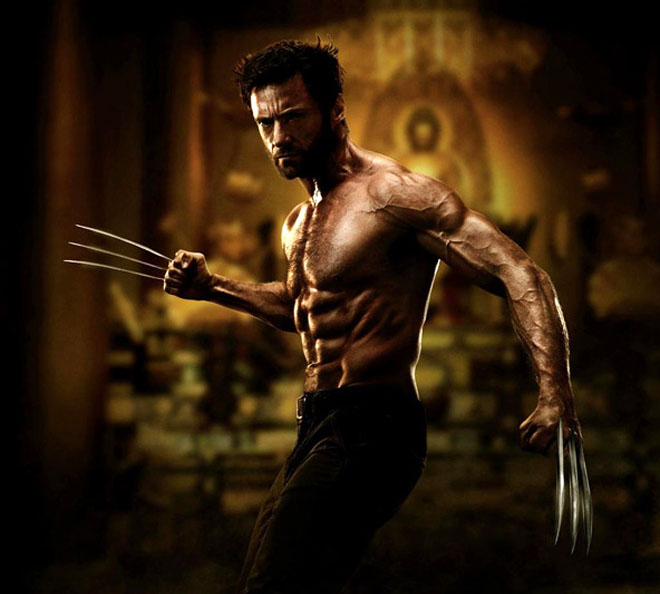
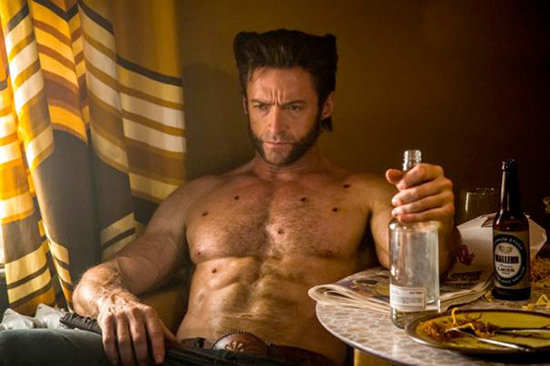
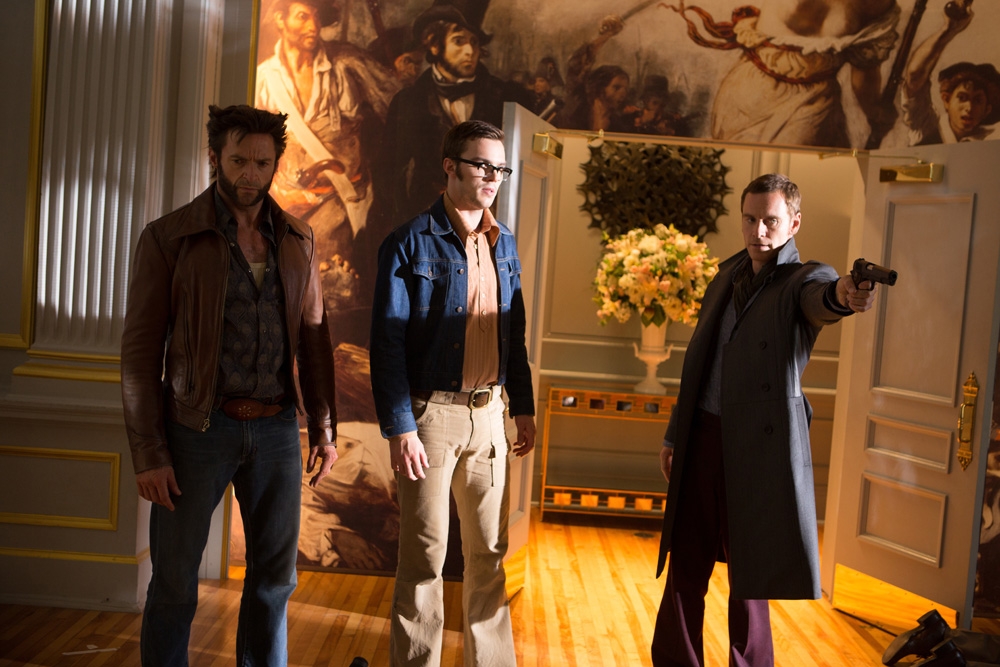


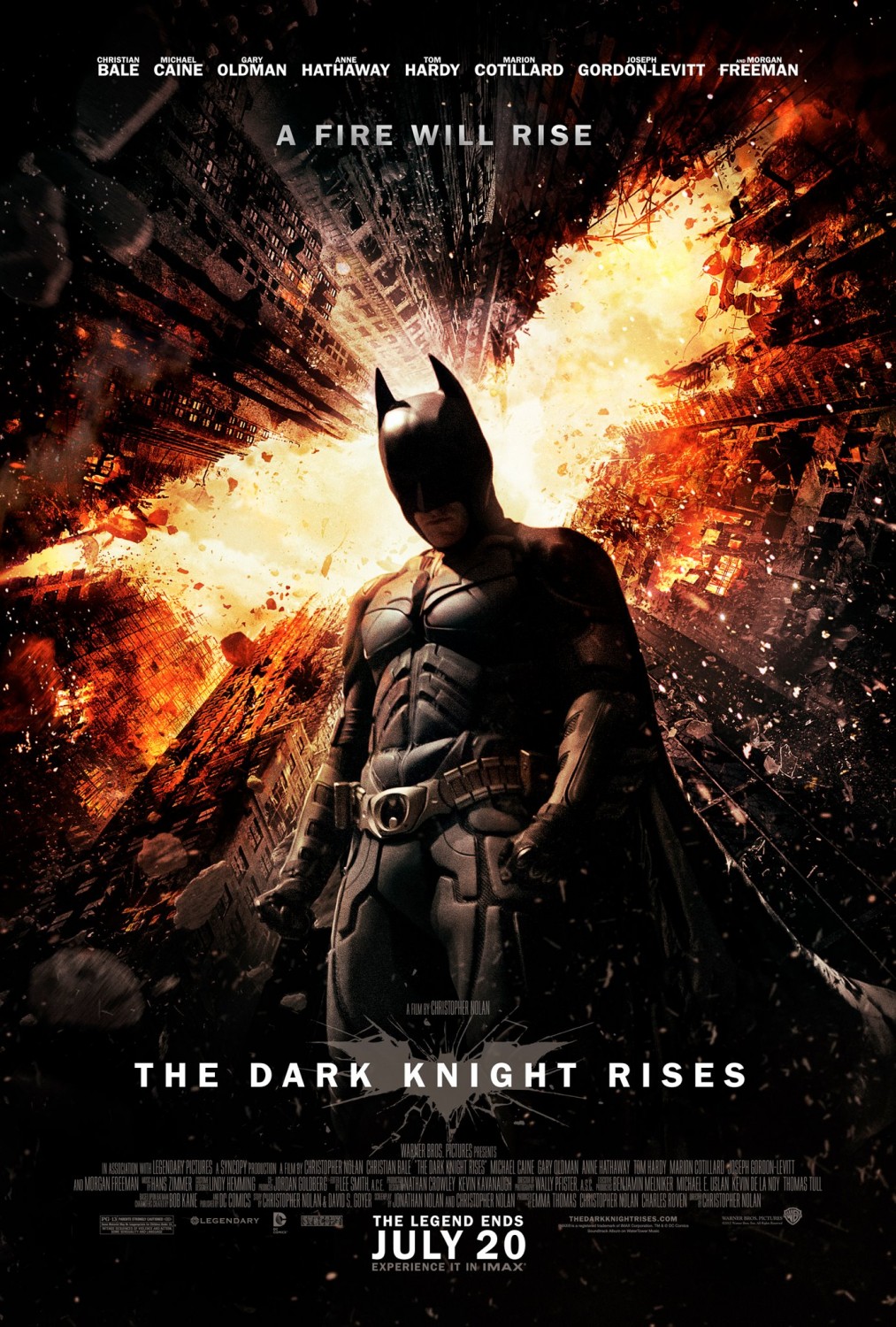
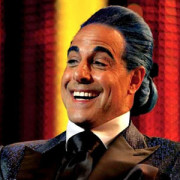
Leave a Reply
Want to join the discussion?Feel free to contribute!